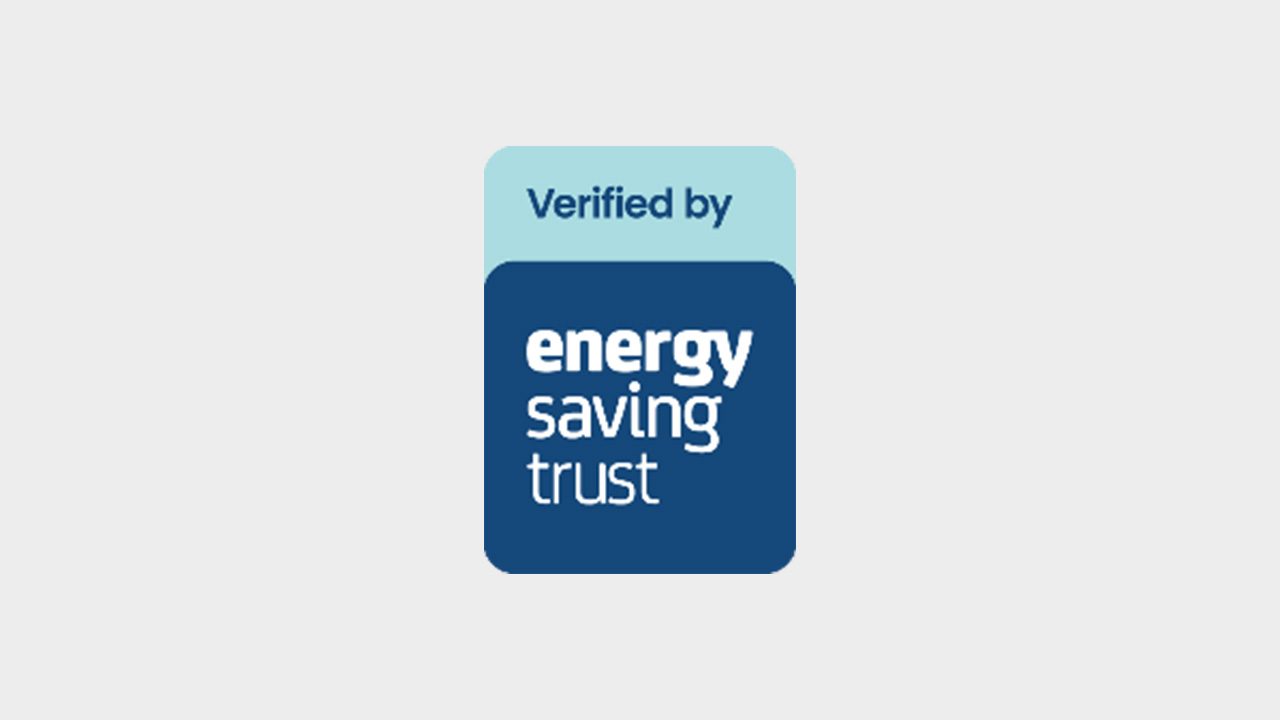
A great place to check your home’s energy efficiency is your Energy Performance Certificate (EPC).
EPCs rate homes from A (most efficient) to G (least efficient). The higher the rating, the lower your energy bills are likely to be.
The average energy efficiency rating for a home in England and Wales is band D, according to the Office for National Statistics (ONS).
If you want to make your home more energy efficient, here are some budget-friendly tips you can follow.
Draught-proofing is a simple and affordable way to save energy.
Draughts let cold air in, meaning you’ll usually need to use more energy to heat your home. By draught-proofing your home, you can block up gaps that let cold air in and warm air out. You can do this by:
According to the Energy Saving Trust, professional draught-proofing can cost around £250 for your whole house.
Although professional draught-proofing is likely to save more energy, DIY draught-proofing is typically cheaper and can be a good solution if you’re on a budget. Overall costs will depend on which areas of your home you want to draught-proof. Draught-proofing your windows and doors could save £40 and 110kg of carbon dioxide a year.*
If you’re buying a new appliance, look at its energy label. It will tell you how efficient the appliance is and help you find ones that use less energy.
Although energy-efficient appliances are typically more expensive than older, less energy-efficient models, they can help reduce your utility bills. For example, according to the Energy Saving Trust, choosing an A+++ rated tumble dryer over a B rated one could save £700 and 800kg of carbon over its 13-year lifetime.*
When buying new appliances, it’s worth shopping around and taking advantage of sales to help you save money.
The average UK household consumes 11% of its electricity through lighting. When your current light bulbs are ready to be replaced, consider switching to LED or CFL ones. These are more energy-efficient than traditional light bulbs and have the same level of brightness.
According to the Energy Saving Trust, you could potentially save £60 a year on your electricity bill by switching your light bulbs. They also state that LED and CFL light bulbs could reduce your carbon emissions by up to 50kg a year – the equivalent of driving 145 miles in a petrol or diesel car.
If you have an older water tank, it may not have proper insulation.
To make your water tank more energy efficient, consider putting an insulation jacket around it.
These jackets are typically a cost-effective, widely available, and easy-to-install solution for improving the efficiency of your hot water system.
According to the Energy Saving Trust, putting an 80mm jacket on an uninsulated hot water tank could save £180 and 700kg of cardon dioxide a year.*
According to GOV.UK, if you have a Combi boiler, its efficiency can be improved by adjusting the ‘flow temperature’ dial/setting to 60 degrees – to save up to £70 a year.
This isn’t the same as turning down the thermostat. Changing the flow temperature won’t noticeably reduce the temperature in your home, but it may take longer to heat up.
An annual service helps keep your boiler running safely and properly, which can save you money on future repairs. Faulty boilers can be dangerous and expensive to replace, so it’s important to maintain them.
If the top of your radiator is cold when turned on, there could be trapped air in the radiator – preventing the hot water from being evenly circulated.
Bleeding your radiators removes air pockets, which reduces pressure, so you don’t need to turn the heating up as much. According to GOV.UK, doing this can make your home warmer and reduce the cost of your energy bills.
Interested in taking your home improvements to the next level?
From generating your own renewable energy to financing options, read our guide on how to make your home more energy-efficient.

Energy Saving Trust is an independent organisation dedicated to promoting energy efficiency, low carbon transport and sustainable energy use to address the climate emergency.
*Based on a typical 3 bedroom semi-detached gas heated house, with an 89% efficient gas boiler and average gas tariff of 6.2p/kWh and electricity tariff of 24.5p/kWh. Emission savings include all scopes and greenhouse gases expressed as carbon dioxide equivalent. Correct as of January 2025.
This article was last updated on: 03/06/2025, 10:40